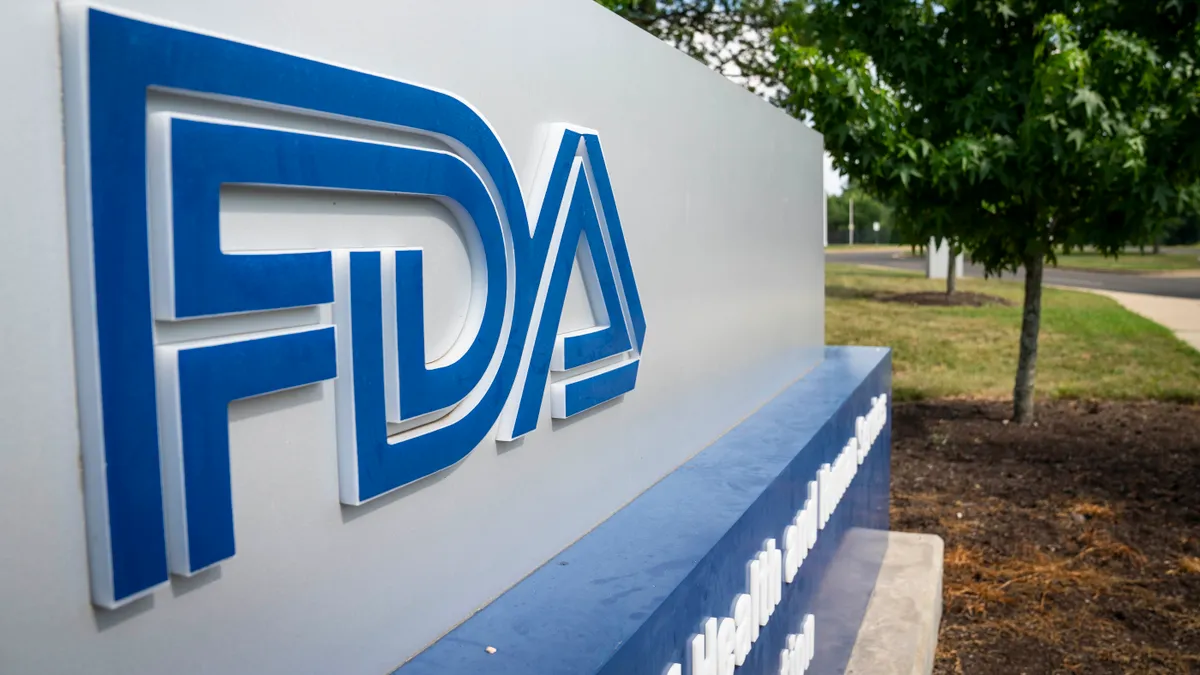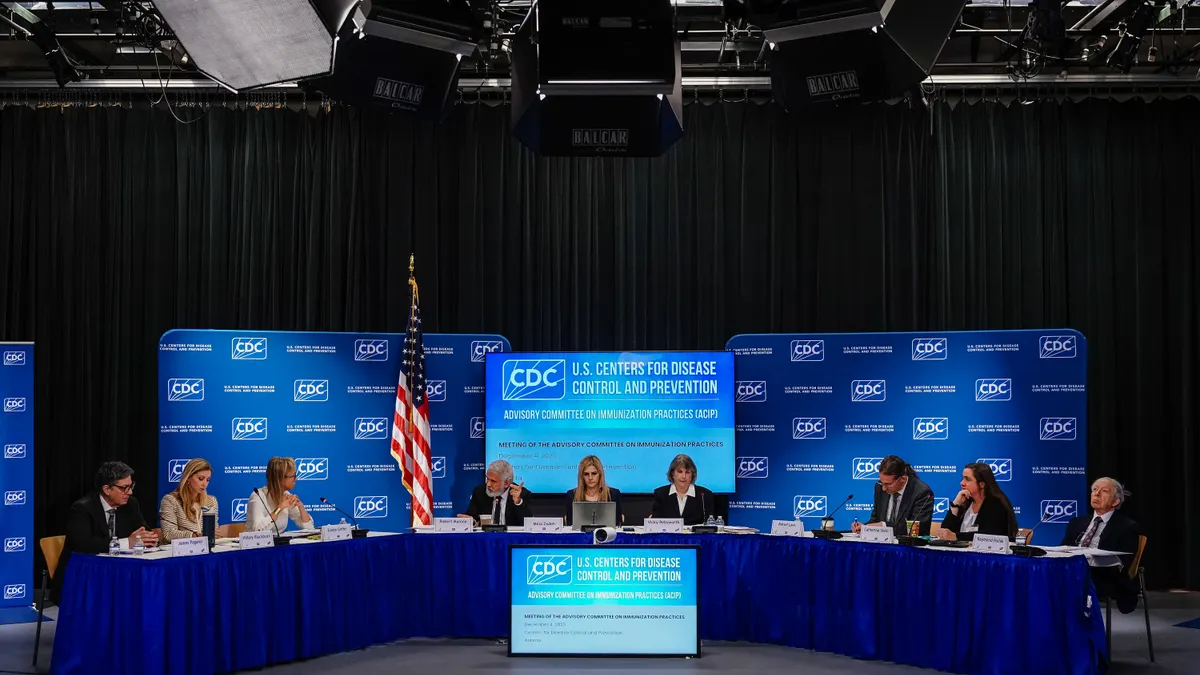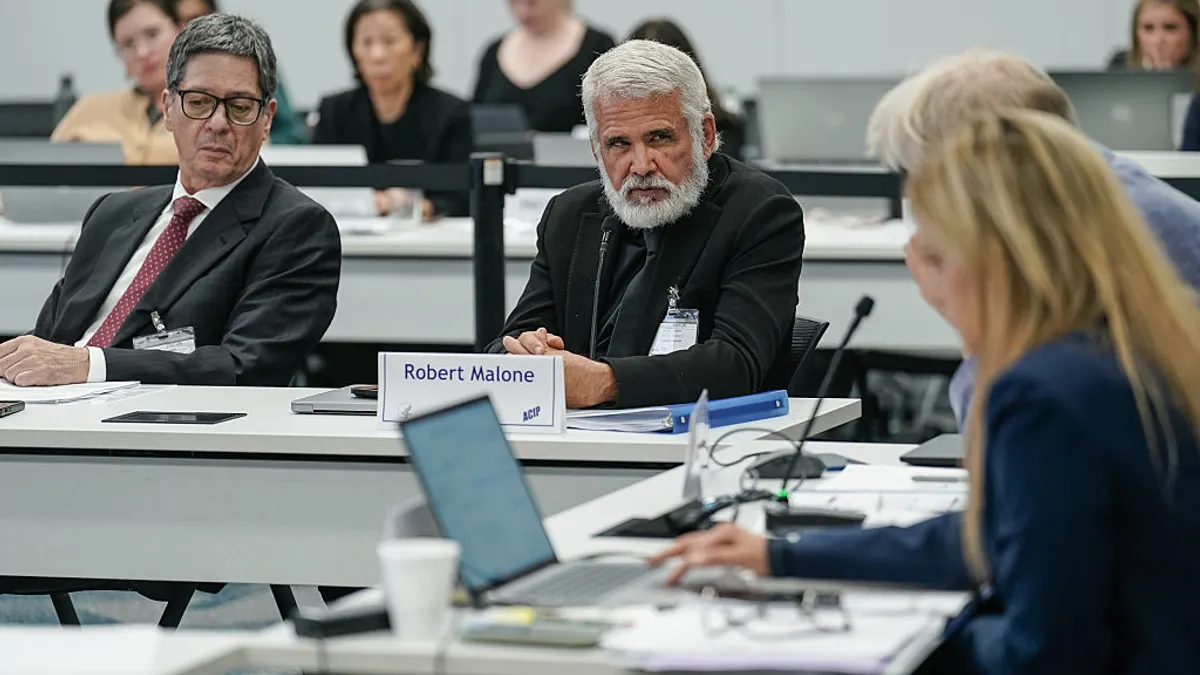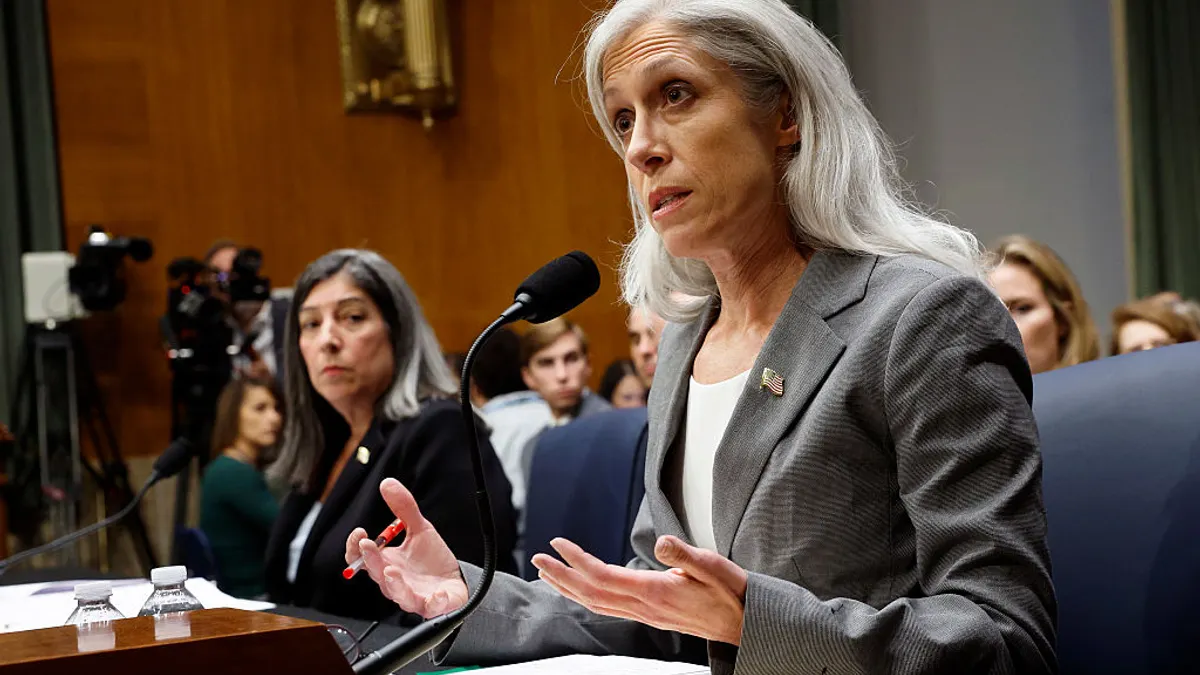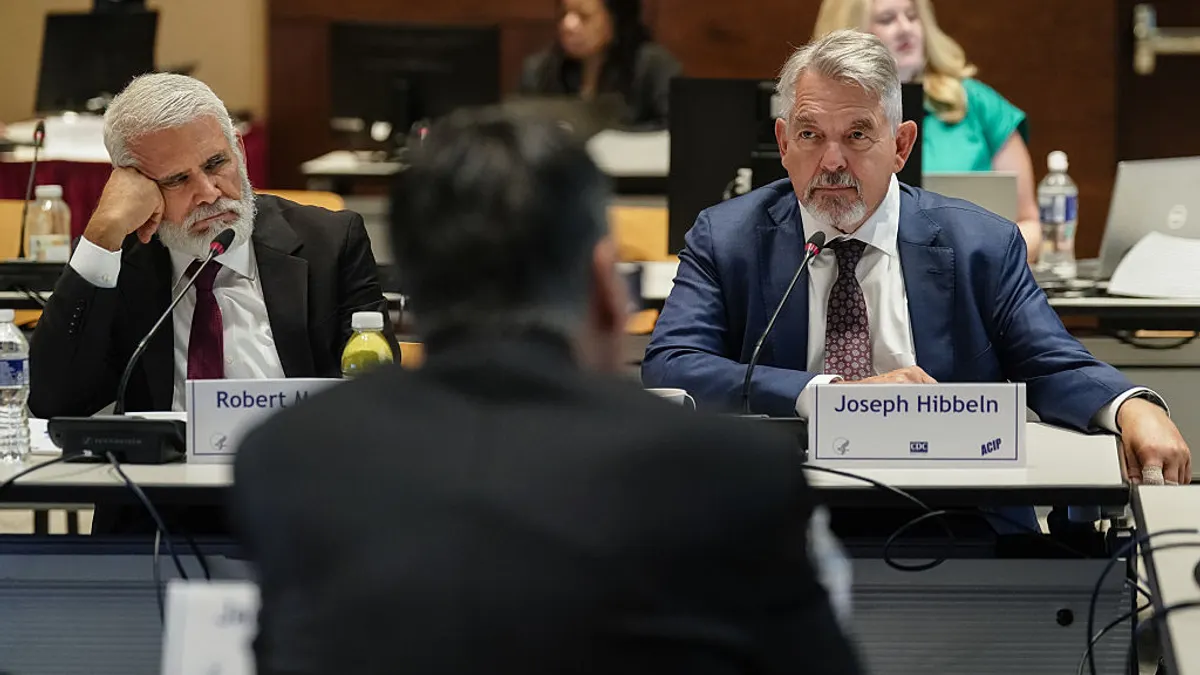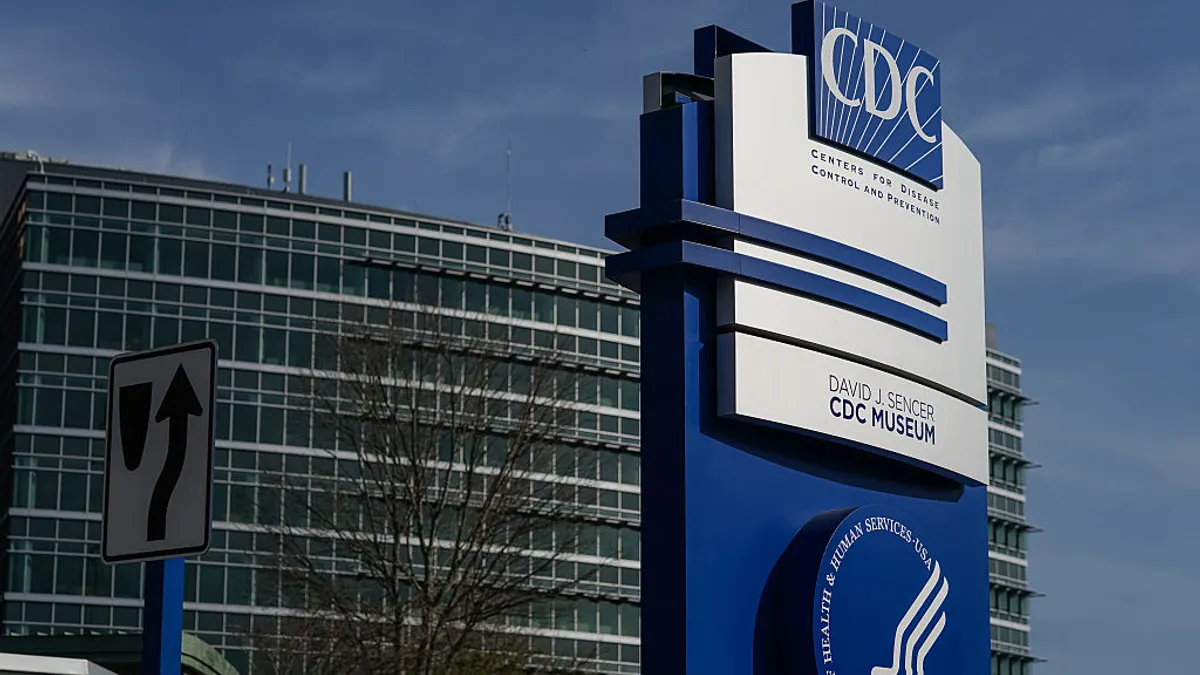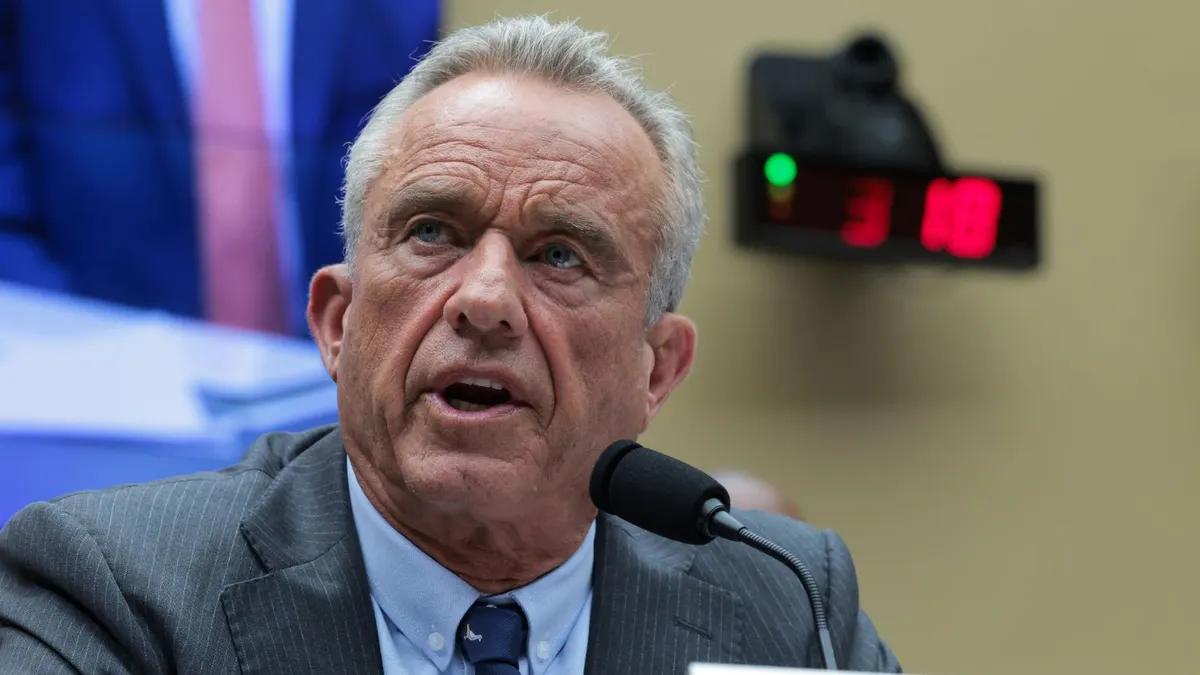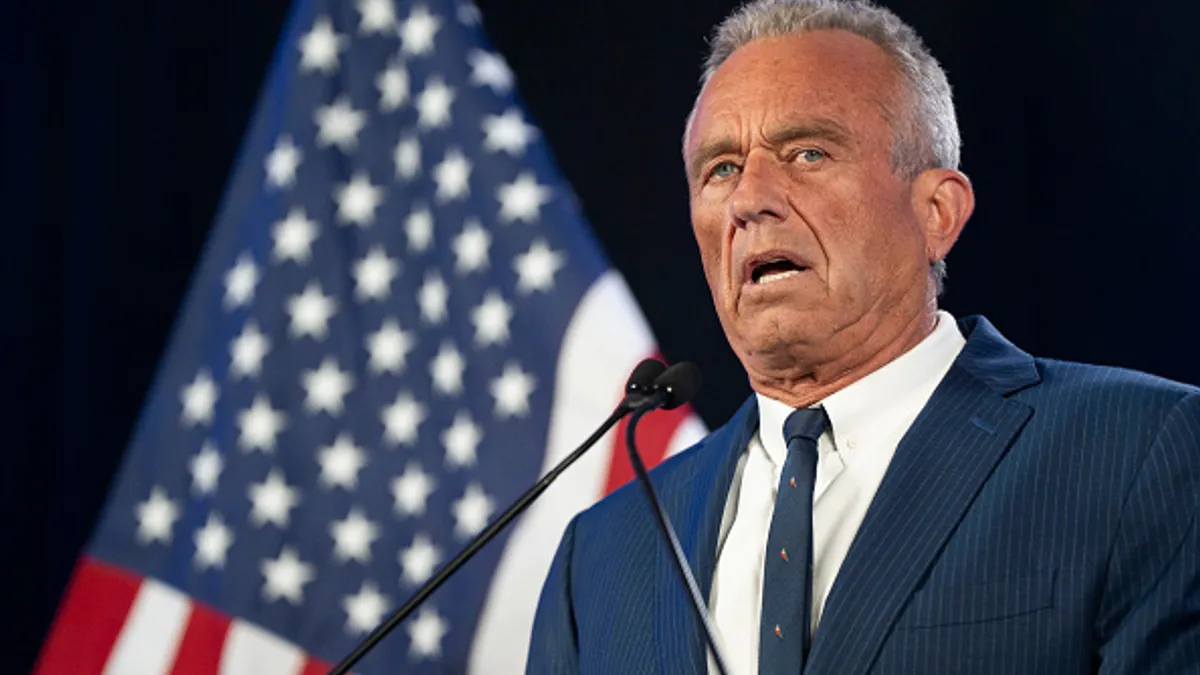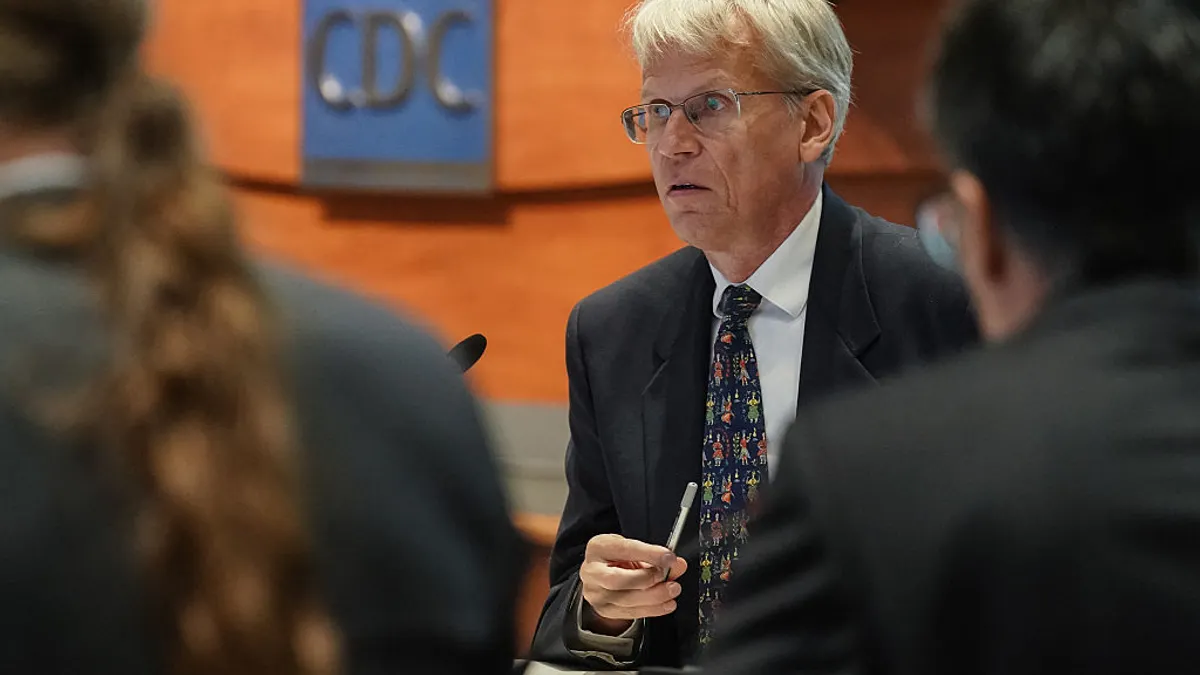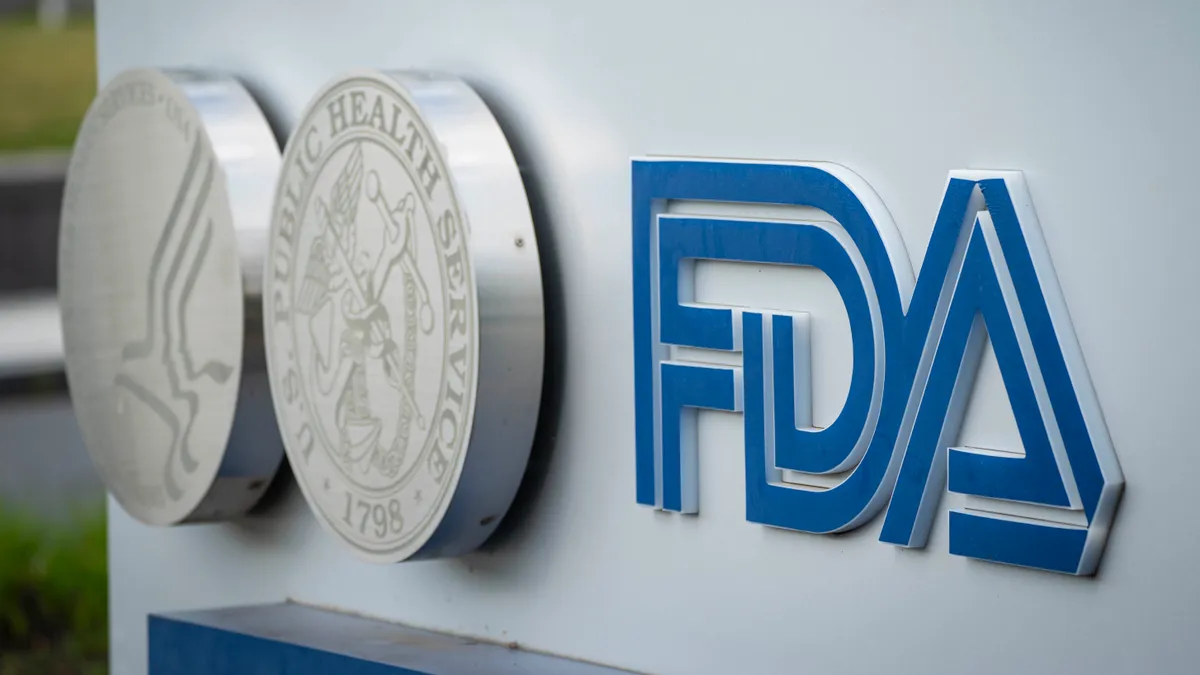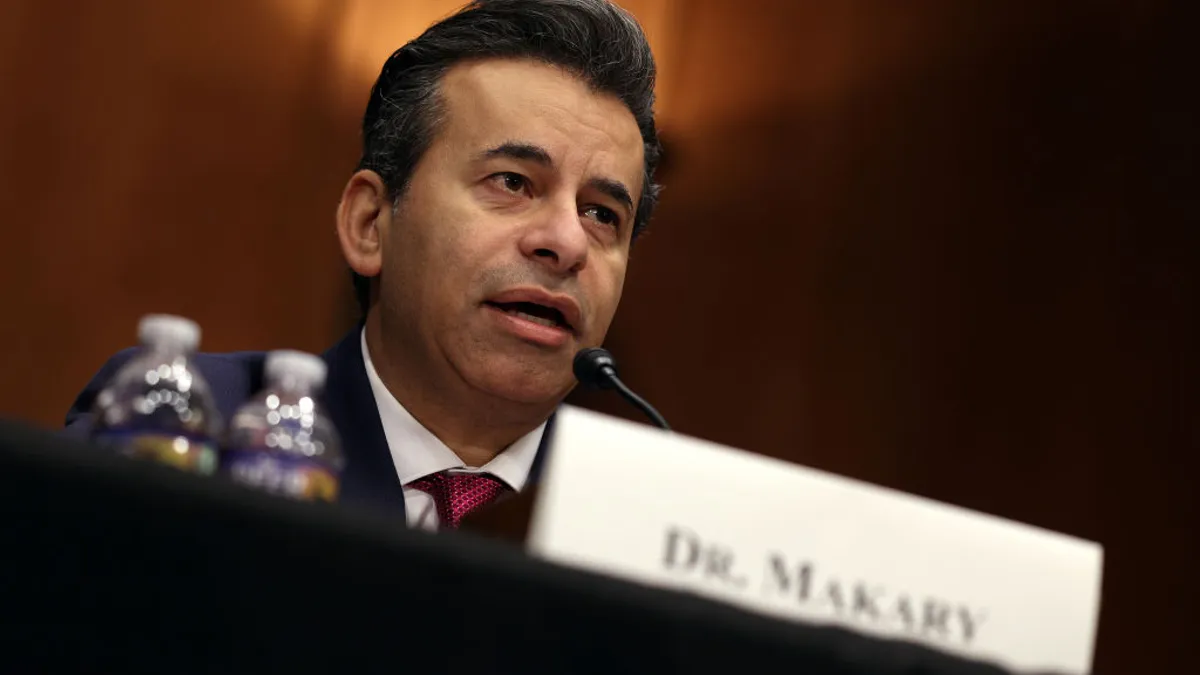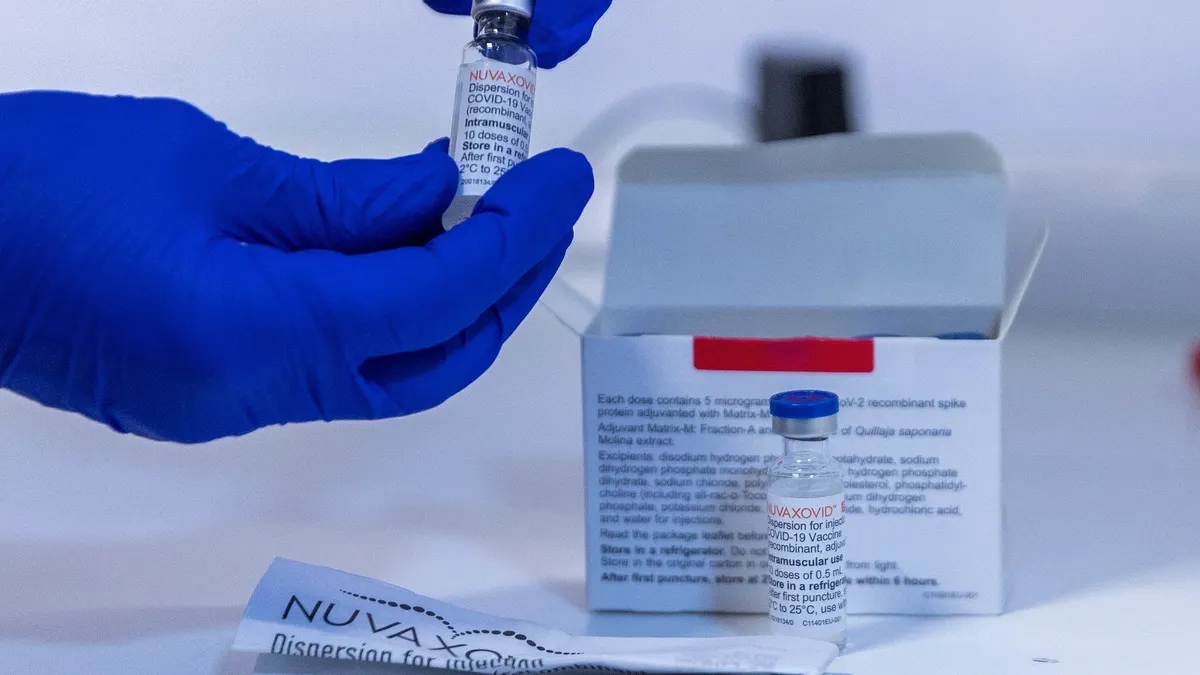An advisory committee to the Centers for Disease Control and Prevention urged people consult their physicians on the benefits and risks of receiving a COVID-19 vaccine, voting Friday to recommend guidelines that resemble the narrowed approvals granted by U.S. regulators last month to the latest booster shots.
In a unanimous vote, the panel recommended what’s known as shared clinical decision making for anyone aged 6 months and older, specifying further that children and adults younger than 65 should be informed the benefits of vaccination are greatest in people with other medical risk factors. Shared decision making is considered softer than a blanket, or universal, recommendation.
Divisions emerged, however, during voting on a non-binding resolution to indicate COVID vaccines should require a prescription. Panelists opposed to the proposal, which was spearheaded by committee member and MIT business professor Retsef Levi, argued that such a requirement, even if advised, could jeopardize access.
The committee vote split 6-6, but a “no” vote from panel chair Martin Kulldorff meant the motion failed.
The Food and Drug Administration in August approved updated COVID-19 vaccine boosters for all people 65 and older, and for younger people whose medical conditions make them vulnerable to severe disease. In the latter population, the committee’s vote appears to endorse broader language as, rather than recommend against vaccination in healthy people aged 6 months to 64 years, the panel said only they should be informed whether the balance of risks and benefits is favorable.
The votes Friday capped a two-day meeting in which the panel, known as the Advisory Committee on Immunization Practices, debated changes to the childhood vaccine schedule.
On Thursday, they recommended vaccination for measles, mumps and rubella be separate from varicella immunization, indicating a four-in-one shot should be removed from current guidelines. The committee was scheduled to vote on withholding an infant’s first hepatitis B vaccine dose until later following birth, but unexpectedly postponed the resolution Friday morning.
After the hepatitis B vote, much of the day focused on COVID vaccines. Discussions ranged widely, including presentations that alleged messenger RNA-based shots, like those from Pfizer and Moderna, can cause cancer.
Similar to a prior meeting of the committee, which was entirely recast by Health and Human Serivces Secretary Robert F. Kennedy Jr., the panelists sharply questioned the safety and efficacy of the available vaccines.
“We are going to focus on personalized risk-benefit analysis, and we're going to very much stay away from the narratives or the statements about safe and effective. We don't believe that these are appropriate or scientific language to talk about the issues related to vaccination,” said Levi, during his opening remarks.
CDC staff presented data showing the effectiveness of available COVID vaccines, as well as their safety, which have been demonstrated in dozens of placebo-controlled and real-world studies. Staff presented data showing hospitalization rates are highest among oldest and youngest populations, and how vaccination protects against symptomatic disease.
Earlier this year, Kennedy said COVID vaccination would no longer be recommended in healthy children and pregnant women, despite evidence the vaccine is safe and effective in these populations.
“Vaccination of pregnant women is the only way to protect their infants from severe COVID-19,” said CDC representative Arjun Srinivasan during a presentation.
Representatives from Sanofi, Moderna and Pfizer, which market the approved COVID vaccines in the U.S., were allowed brief statements following the data. All three emphasized their products have been highly studied and monitored for safety events.
“Your decision today is important to preserve choice and accessibility of FDA-approved effective vaccines. Americans should have the right to choose protection if they wish. The rate of evidence supports maintaining that access,” said Bishoy Rizkalla, Moderna’s vice president of medical affairs.
Recommendations from ACIP go to the head of the CDC for review and endorsement, after which they become policy that can affect insurance coverage. Kennedy recently ousted CDC director Susan Monarez over her unwillingness to rubber-stamp ACIP votes, so acting head Jim O’Neill will likely be responsible for endorsing.











